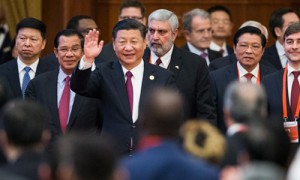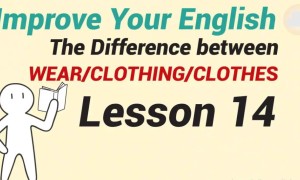Basic Information
Chinese name: Unspoken rules
Relative: clear rules
Features: invisible, unspecified
Role: a rule that people must "follow"
network usage
The Internet is mostly used for unreasonable demands hidden in the dark. In the entertainment industry, it means that women use their bodies to be superior, or they are required to use their bodies as a condition to exchange for the qualifications to go online.
Features of unspoken rules
Unspoken rules are behavioral constraints that people privately approve of.
This kind of behavioral restraint is formed spontaneously in the interaction of social actors according to the ability of both parties (both parties) to bring benefits or harm to the other party, which can reduce the conflicts between the interacting parties and reduce transaction costs.
The so-called constraint is that behavior that crosses the line will inevitably lead to retaliation. The consensus on such severe consequences strengthens the stability of the expectations of the parties involved in each other's behavior.
Some rules that are actually obeyed deviate from the concept of justice or the provisions of the formal system, and violate the interests maintained by the mainstream ideology or the formal system, so they have to exist in a hidden form, and the parties have a clear approval for the hidden form itself. .
Through this concealment, the parties shield the representatives of the formal rules from local interactions, or pull the representatives into private transactions, and rely on this private rule replacement to obtain benefits that the formal rules cannot provide.
In the process of generating unspoken rules, the parties are not just two parties to the transaction, but a third party representing the formal rules should be added. When the two parties use the unspoken rules to conduct private transactions, they actually form an alliance against the official representatives of the third party (it is the formation of numerous and powerful alliances that makes the unspoken rules long-term, powerful and even stable. ability to resist.). The "hidden" of unspoken rules is itself a survival strategy, and it also indicates the existence of higher-level formal systems and rules.
Dealing with "unspoken rules", there are roughly five reasonable attitudes to deal with.
1. Regarding the "hidden rules", it is not excluded that there are reasonable places, that is, let the reasonable places "show the surface", and everyone should abide by them together, and don't let both reasonable and unreasonable "undercover".
2. For decision makers, those that are "not on the surface" should always be hidden from the surface, and they should be eliminated in the initial state. When these "hidden rules" become popular, it will be too late.
3. For officials, they should be on their own and do not follow "hidden rules".
4. For the society, we must advocate the awareness of rules with great fanfare, and resolutely oppose the awareness of "unspoken rules".
5. The state should constantly improve the explicit rules, absorb the reasonable parts of the unspoken rules and integrate them into regulations, and their immorality must be resolutely eliminated, so that a harmonious society can continue to progress.








